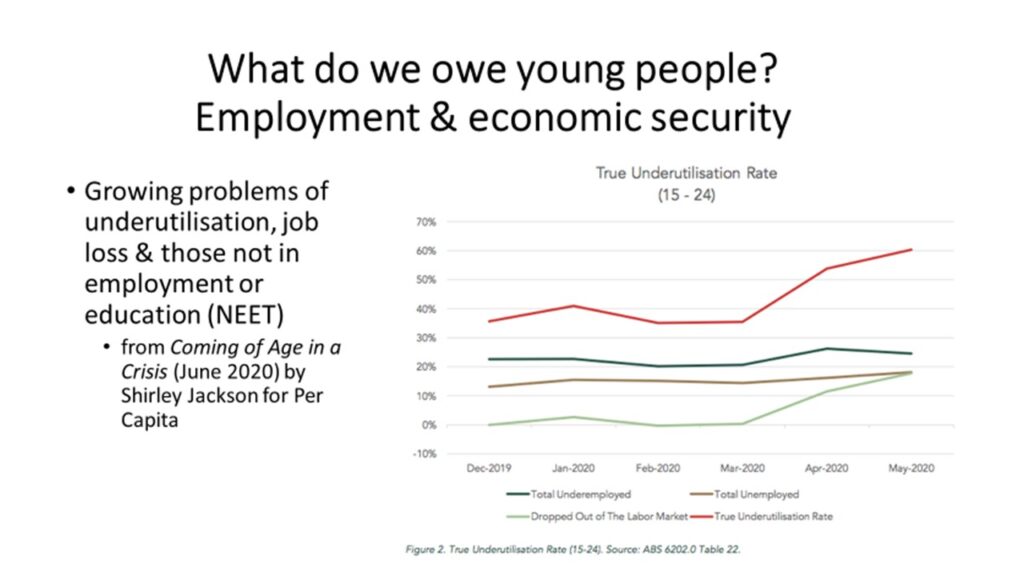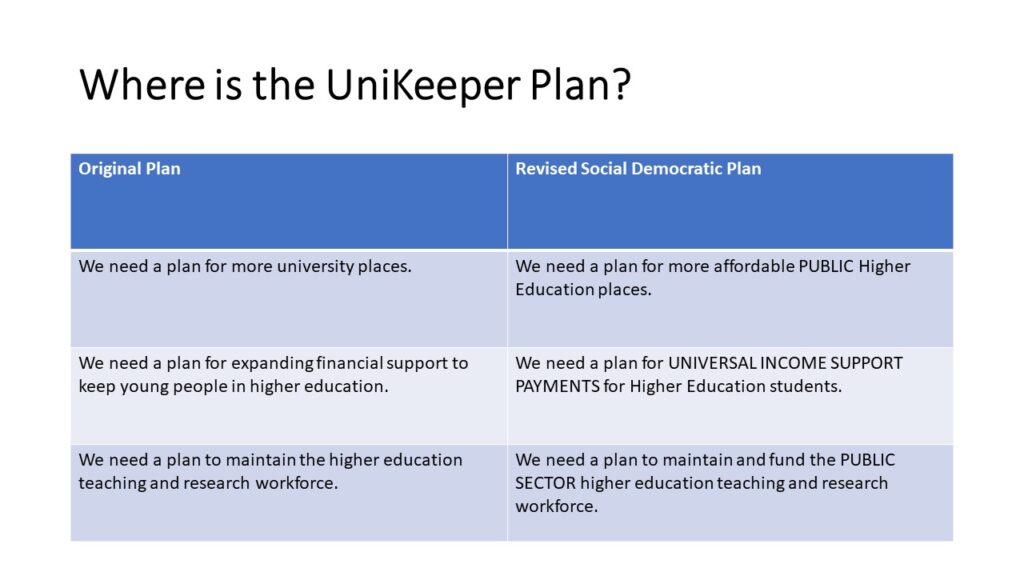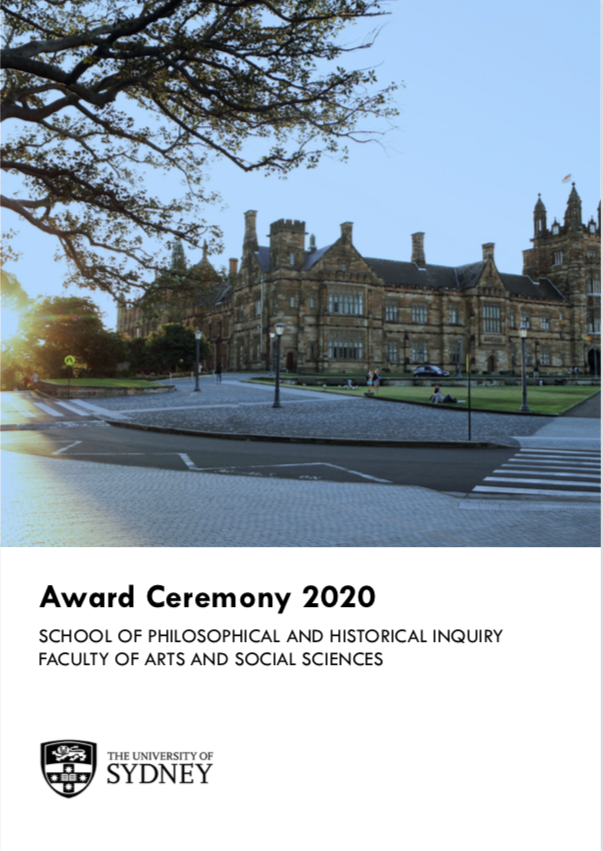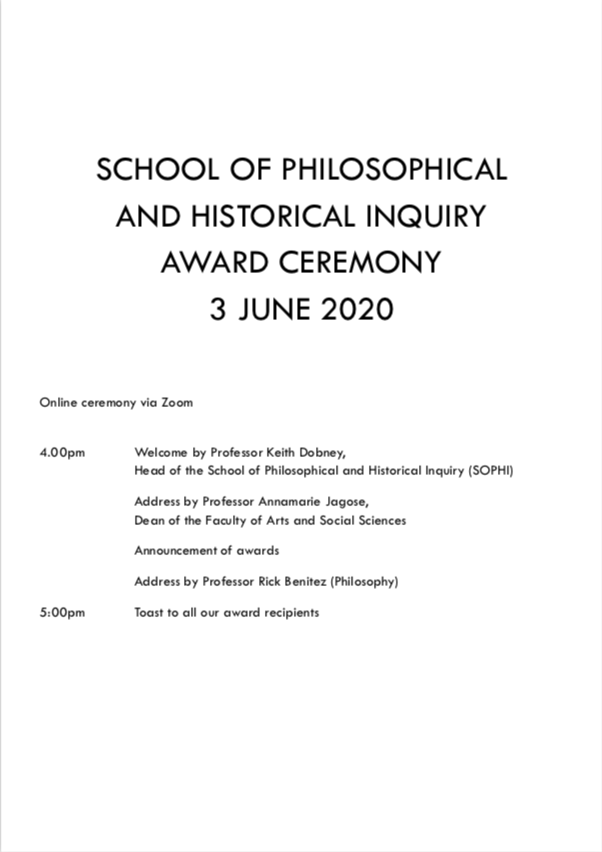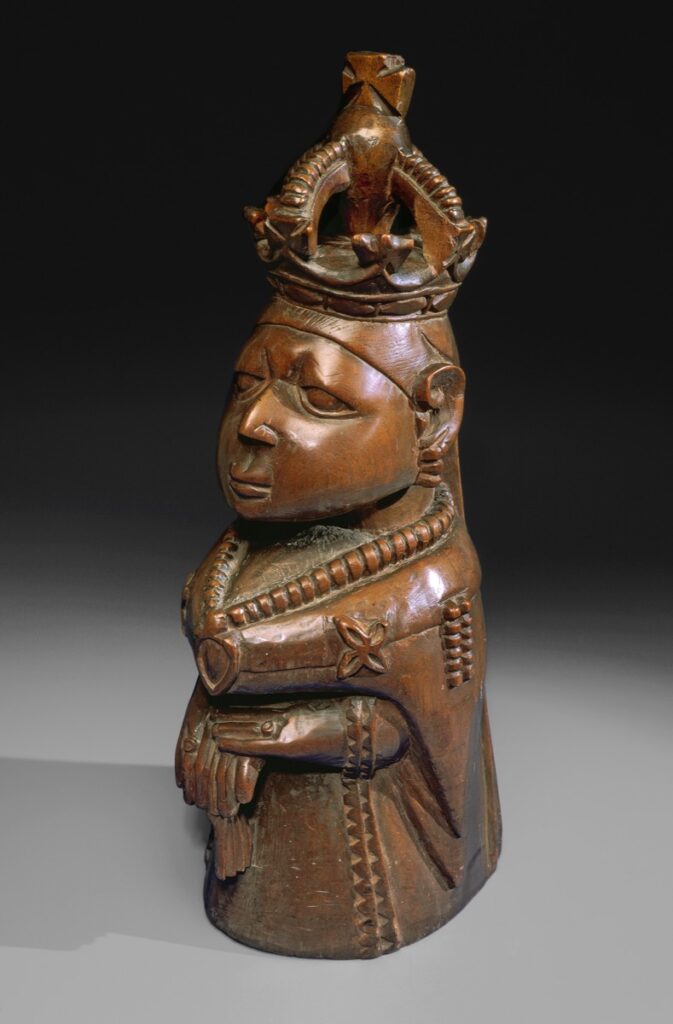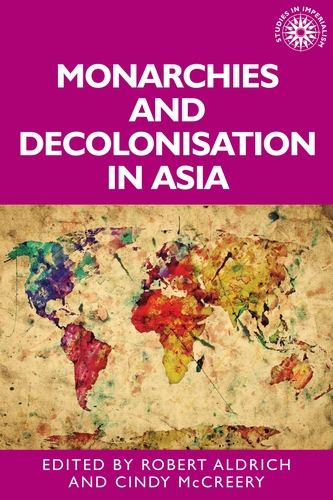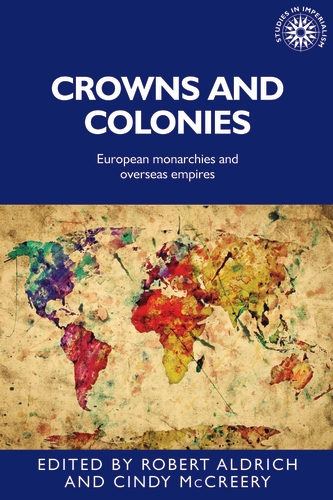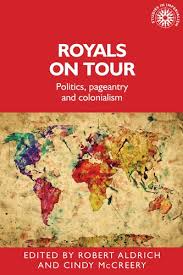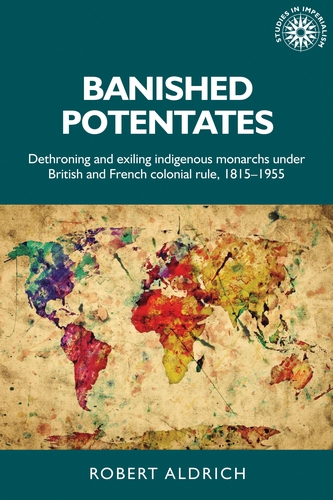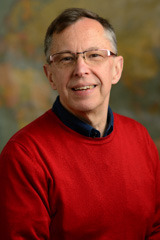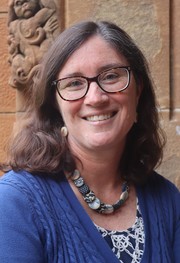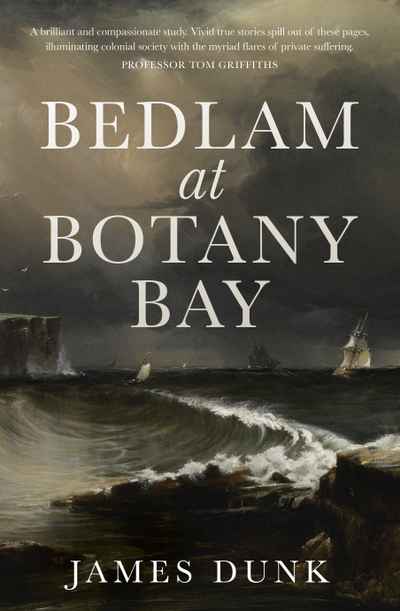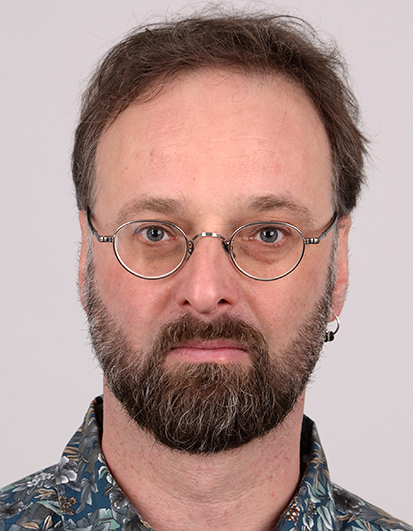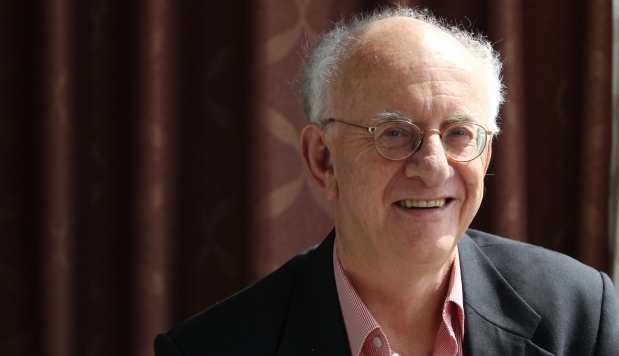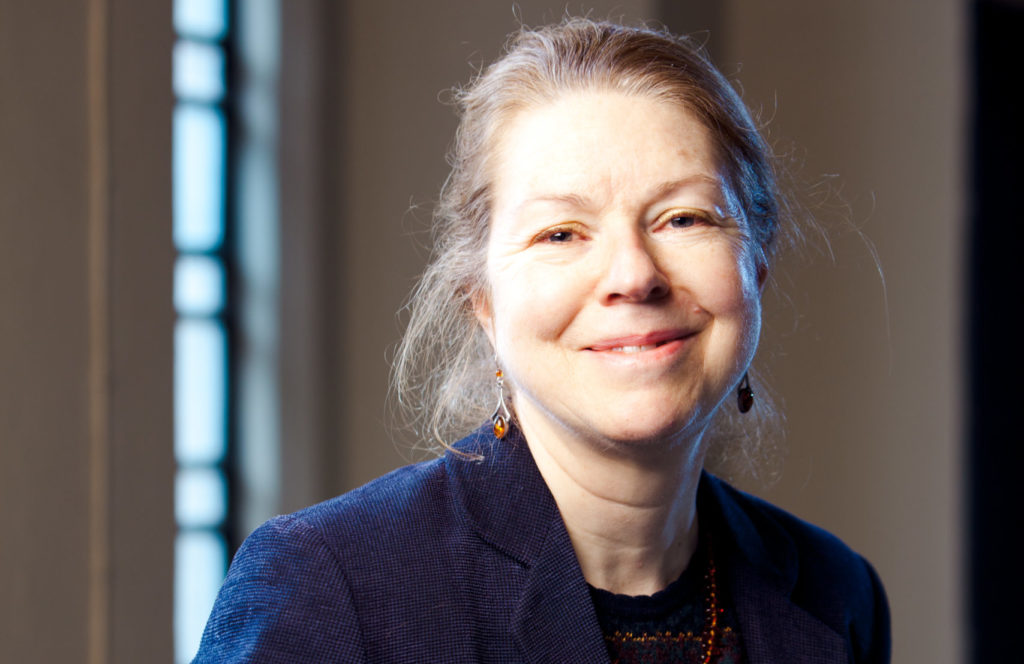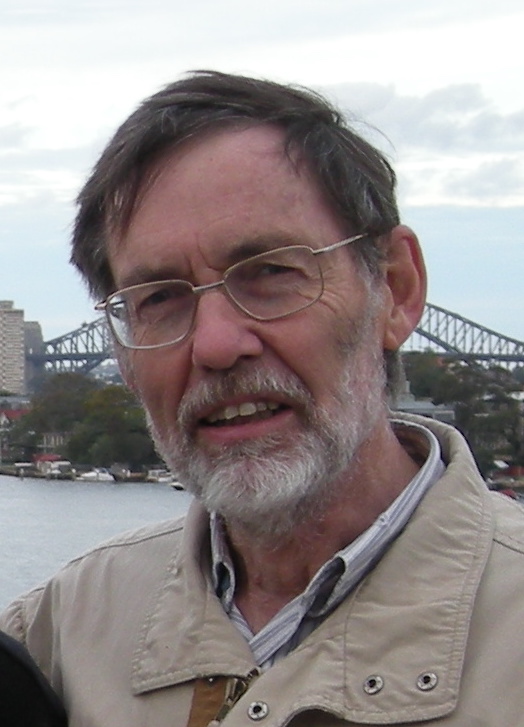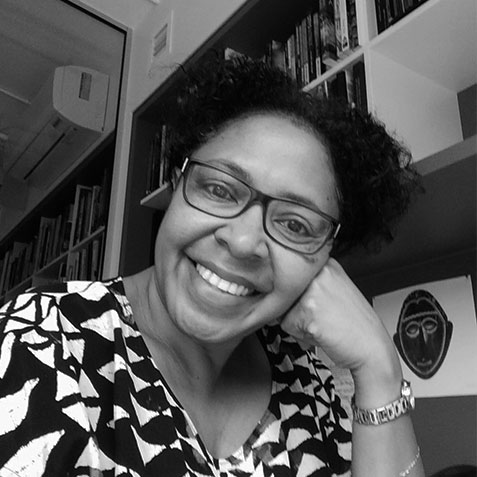The following Department of History postgraduates had their PhD and MA theses passed in 2019-2020.
Adrienne Tuart, “Discrimination and Desire: Italians, Cinema and Culture in Postwar Sydney” (MA supervised by Chris Hilliard).
As Michelle Arrow of Macquarie wrote: ‘This is an original and engaging contribution to the historiography of post war Sydney, the Italian migrant experience, and Australian cultural history. Through a focus on cinema exhibition and consumption, the thesis offers a new approach to the history of migration and migrant experiences in postwar Australia, which also sheds light on the cultural and social history of cinema-going.’
Sam Gribble, “The “Radical Underworld” of the Mediterranean: William Eton, Malta, and the British Mediterranean Empire, 1770-1806″ (PhD supervised by Cindy McCreery).
As one of Sam’s examiners wrote, ‘Gribble’s dissertation certainly made me think about the Mediterranean and its role not only in the British Empire but in the history of late eighteenth and early nineteenth century Europe more generally, besides offering sharp insights into the character of empire(s), and the doing of history.’
Simon Graham, “Cold War Collaborations: An International History of East German Intelligence Sharing with Czechoslovakia and the Soviet Union, 1948–89” (PhD supervised by Glenda Sluga).
Examiners praised Simon’s thesis as ‘a hugely impressive research effort in Russian, Czechoslovak and German archival sources,’ one that ‘will have a significant impact on the field of intelligence history,’ and one that offers a ‘fresh perspective [on] several issues that have long been debated in the field of Soviet and East European history, but which are rarely backed up or supported by archival evidence’ [such as what he was able to accomplish].
Rohan Howitt, “Ideological Origins of the Australian Antarctic, 1839-1933” (PhD supervised by Andrew Fitzmaurice).
As examiner A/Prof Frances Steel of the University of Wollongong wrote of Rohan’s thesis: ‘This is an astute contribution to the emergent historiography of “Australia’s Empire,” as well as the broader international literature on imperialism and state formation…This is a nuanced and well‐argued piece of historical scholarship, closely attuned to context without losing sight of the “big picture.” It makes an important contribution to the still‐emergent oceanic, imperial and global framings of Australian history and advances them in new directions.’
Emmet Gillespie, “Vanguard State: Labour, radicalism, and third-party politics in Minnesota, 1934-1944” (PhD supervised by Thomas Adams).
Examiners noted that Emmet’s “excellent” dissertation was “lucidly written,” “erudite, original and fun to read,” and praised it as a “deeply researched, skillfully argued, and important” work which will make for a “fantastic book.” All three examiners commented on Emmet’s ability to weave “four distinct case studies into a seamless state-level narrative that has even wider implications for a number of historiographical fields. One noted that it will “force us to rethink common assumptions about the interrelated histories of the left, organized labor, the Democratic Party, and the civil rights movement.” Another wrote that “the thesis makes an important intervention and will find interest from a broad range of scholars interested in labor, liberalism and social movements in the 20th century United States.” As one said, it is “demographically complex, examining the role of race, ethnicity and immigration” and “politically nuanced as well.” Finally, one concluded, “this will make a fantastic book.
Pamela Maddock, “Venereal Disease Control in the Progressive Era US Army: Managing Gendered Labor and Leisure in Imperial Context, 1870-1920” (PhD supervised by Warwick Anderson).
Pamela’s three examiners are among the world’s leading historians of medicine. One writes that her thesis is ‘deeply researched, clearly presented, and cogently argued,’ and that it makes ‘critical new insights into intensive debates about emerging policies of sexual relations.’ A second examiner writes that Pamela’s thesis is ‘one of the best examples of historical research that melds understandings of masculinity, and imperial and wartime exigencies, to sexuality and venereal disease.’ The third examiner describes Pamela’s thesis as “well-argued and with a solid archival grounding,’ declaring it ‘a substantial and commendable accomplishment.’
Katharine Blake, “Sacred–Political Imagery in Fifteenth-Century Florence” (PhD supervised by Andrew Fitzmaurice).
One examiner described Katharine’s thesis as ‘a thought-provoking, imaginative, and impressively wide-ranging dissertation… Ms. Blake ranges over an impressive number of paintings and sculptures, texts, and ideas’. Another commented that: ‘This is a remarkable dissertation… In fact, it is close to publishable as it is.… Ms. Blake has looked more carefully and more fruitfully at the Donatello sculptures than her predecessors, excavating details that we previously saw as decorative features, but didn’t think to investigate in terms of meaning. Over and over I noted how keen her seeing was and how fruitfully it was tied to new meaning. I think Ms. Blake has given Donatello’s sculptures new life and that her work will invigorate the fields of art history and Renaissance studies in the future.’
Heather Christie, “‘The Meek Shall Inherit The Earth…’ – Vocations of Humility in the Early Franciscan Order” (PhD supervised by Julie Smith).
One examiner described Heather’s thesis as “very well-researched…show[ing] a thorough command of the relevant literature…mak[ing] a real contribution to the field of Franciscan studies by her emphasis on humility as the major interpretive principle of Franciscan history.” Another examiner praised the thesis for its “original theme,” “clear thesis and demarcation of the research question,” “correct and straightforward presentation,” and “good argumentative use of primary sources.” “I admire and congratulate [Ms Christie] for the amount of work she has poured into this enterprise,” a third examiner wrote.
Minerva Inwald, “‘Drawing on Each Other’s Strengths to Overcome Each Other’s Weaknesses’: Professional Artists, the Masses, and Artistic Culture of the People’s Republic, 1962-1974” (PhD supervised by Helen Dunstan and Andres Rodriguez).
One examiner wrote that Minerva “successfully takes a new approach by looking at the process of artistic creation and by examining how the works of art were displayed in exhibitions in Beijing. Her thesis “contributes to a growing trend in art historical scholarship relating to China to consider the significance of the creative process as a connected social activity in generating meaning, and how artistic value might be understood differently to better align with a multidisciplinary approach to history and knowledge formation.” Examiners also praised Minerva’s thesis as “excellent,” “original,” “enjoyable [to read],” and “based on very strong research.”
Tim Briedis, “Education for Liberation Not World Domination: Student Protest in Australia, 1985-2006” (PhD supervised by Penny Russell).
Tim’s thesis contested the notion that the 1960s were the high point of student protest movements in Australia, arguing instead that students continued to mobilise from the mid-1980s against the commodification and marketisation of higher education. Examiners welcomed his ‘new and original account of student protest in the period long after protest’s stereotyped era’, notable for its ‘thematic breadth’ and ‘truly national coverage’. They were especially impressed by the rich array of sources that underpin the argument, including extensive oral history interviews and student magazines. The thesis is ‘an excellent example of “history from below,”’ wrote one examiner, offering ‘a counter-narrative to the history of the university in Australia as we know it’. It provides insight into ‘the wellsprings of political commitment’, wrote another. All three praised the thesis for its vibrant, lively style and narrative flair, with one commenting: ‘The writing is lucid but impassioned, and the protagonists are given space to speak, while the overarching argument remains taut and analytically sharp.’
Richard Cardinale, “Soviet Human Rights and American NGOs: Transnational Networks and the Kindness of Strangers” (MPhil supervised by Marco Duranti).
One examiner said Richard’s history of the Helsinki Watch ‘is one of the best [accounts] out there, with new details about the personal connections that made it happen.’ The examiner commented that, Richard ‘is to be commended for a beautifully presented, richly researched, and fascinating thesis that makes a significant contribution to historical understanding of U.S. Helsinki Watch and the development of human rights activism more broadly.’ The second examiner praised the thesis for being ‘a major contribution to the field – and in some respects, deliver[ing] on elements that even much celebrated and cited works on Helsinki have not fully addressed.’ This examiner added that Richard’s thesis ‘is very well written, interlacing its narrative and analytic dimensions with skill,’ with a ‘prose style that is already well within the range of what one would encounter in a strong monograph.’
Rose Cullen , “Restoring, Renovating and Conserving Old Houses: Homeowners and Historical Consciousness in Australia 1960-2018” (PhD supervised by Mark McKenna).
As Professor Andrew May remarks in his examiner’s report on Rose Cullen’s thesis, “the best theses always provoke as many questions as they answer, and this is one of those”. Cullen’s thesis has attracted exceptional praise from examiners. Professor May lauded Cullen’s work as “an expansive, coherent, convincing and overdue exploration of an underexplored aspect of urban material culture—the ways in which Australians have valued old houses…It is structured and written…with confidence, elegance, intellectual novelty, research acuity and attention to detail, and it certainly adds to a growing body of innovative social historical analysis on the everyday meanings of heritage in Australian cities and towns”. Dr. Ky Gentry was “particularly impressed with the volume of oral history undertaken toward this thesis, and equally the employment of social history as the dominant frame of the thesis”. Cullen has made “a valuable contribution to the literature”, he noted, building on and “challenging the existing literature in the area”. Professor Graeme Davison pointed to Cullen’s originality, pursuing her topic “thoroughly and resourcefully, approaching it from different angles, tapping a range of documentary and oral sources across the period, and making case studies from several states of the Commonwealth”. All three examiners recommended that the thesis be published, either as a book, or in a number of articles. Rose Cullen is to be congratulated for making an original and provocative contribution to historical scholarship. Her thesis has significantly deepened our understanding of the historical consciousness of Australians in the late twentieth and early twenty-first centuries.
Andrew Mason-Jones, “The Collapse of Australian Cold War Policy: John Gorton’s Management of the American-Australian Alliance in a Time of Crisis” (MA supervised by James Curran).
One examiner praises Andrew’s thesis as ‘interesting, clearly structured, and well-written…address[ing] an under-researched aspect of Australian foreign policy—the role played by Prime Minister John Gorton in managing Australia’s ever so important partnership with the United States.’ As this examiner adds, ‘in filling the gap in the current literature on Australia’s foreign relations, [Andrew] makes a timely and valuable contribution to the scholarship in this field. He should be congratulated for doing so.’ Another examiner writes that Andrew’s thesis is ‘well written, identifies a clear research question and addresses an important gap in the historical record regarding post Menzies, pre Whitlam Australian foreign policy….[and that it offered] important insight into the somewhat neglected figure of John Gorton and his attempt to recalibrate Australian strategic posture in the wake of Nixon’s Guam Doctrine and the British decision to close its bases East of Suez.’ This examiner adds that Andrew ‘draws on an impressive array of primary and secondary literature,’ including ‘the use of archive material to show the considerable difficulties the Gorton administration faced in the wake of the fluidity and uncertainty of American strategic thinking in the aftermath of the Tet offensive of January 1968.’
Marama Whyte, “The Press for Equality: Women Journalists, Grassroots Activism, and the Feminist Fight for American Media” (PhD supervised by Michael McDonnell).
Through a series of innovatively researched case-studies, the thesis looks at the formal and informal strategies of women in the news media in the 1970s as they fought for equal treatment in the workplace. Examiners were impressed with the “deep archival and oral history research” on which it is based, along with its “strong legal and social movement analysis,” and found it an “authoritative and polished” dissertation that unearths “very telling details” about the ways in which women organised and pressed their cases. The great strength of the thesis, argued another, is its “very careful reconstruction and narrative of events and the attention to the agency of women in formulating tactics and embarking on action.” By situating this story within broader legal, labour, and feminist historiographies, and “carving a clear analytical space for her own important interventions,” “the thesis makes a valuable contribution to knowledge” and “offers a model for a new generation of scholars.” In sum, examiners called the thesis a “major work of scholarship” and a “wonderful story, well told.” Another asserted that it was “one of the best doctoral theses I have ever read.”
Deirdre O’Connell, “The World of Crickett Smith: Remembering a Forgotten Trumpeter and Traveler (1881-1947)” (Phd Supervised by Shane White)
Deirdre’s thesis has been described by one of her examiners as ‘“a careful and sensitive rumination on the extraordinary life of an African American, who left America to spend much of his career blowing his trumpet in France, Russia and India. One experienced American examiner noted that he had reviewed many theses but “rarely have I enjoyed the process as much as I did in this case.” He thought it “a spectacular piece of work,” one of “extraordinary range,” adding further that “I honestly cannot think of any doctoral thesis I have ever read that rests upon such an extraordinarily broad research foundation.” Another examiner described the thesis as being “of exceptional originality, rigor and significance,” a work “brilliantly illuminat[ing] Smith’s engagements with commercial, avant-garde and anti-colonial worlds.” She added that it was “beautifully written with sophisticated and effective argumentation,” and, when published, will become “essential reading it its myriad overlapping fields for decades to come.”’
